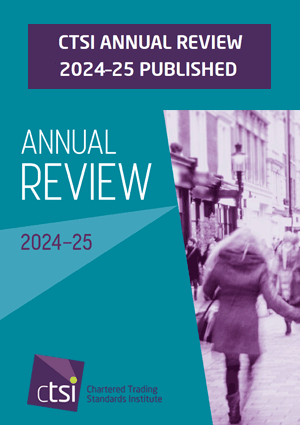Child Exploitation and Online Protection Centre (CEOP)
|
|
|
CEOP launch a new way to prevent UK child sex offenders from abusing children overseas
The launch of the International Child Protection Certificate
A new weapon to combat the threat of UK sex offenders travelling to other countries and gaining access to children through teaching, charity or volunteering roles has been launched yesterday.
Analysis by the Child Exploitation and Online Protection (CEOP) Centre of offender management cases undertaken in 2011 found that one in five were associated with roles that involved access to children. Teaching and schools-related positions were the most represented occupations or voluntary roles associated with cases of offending overseas. Since 2006, CEOP has undertaken over 1200 investigations into travelling UK sex offenders.*
Many international schools, charities and other agencies overseas do not currently have access to the same level of police checks available to organisations in the UK and this has sometimes enabled sex offenders to gain positions of trust with children abroad.
CEOP has worked with the ACPO Criminal Records Office (ACRO) to launch the International Child Protection Certificate (ICPC), which CEOP believes is a vital new tool for schools and other overseas organisations in the prevention of harm to children under their care. Applications can be made at www.acro.police.uk/icpc
Similar to the UK’s CRB system, the ICPC is a police check for UK nationals who are travelling and working overseas. It will help identify and screen out those who have previous convictions that make them unsuitable to be working with children.
The ICPC will allow international schools and other organisations who work directly with children abroad to be able to access the criminal conviction history of UK citizens and those who have resided in the UK for any period of time. This will enable overseas schools and other organisations to assess an applicant’s suitability to be working with children. The ICPC can also be requested for those UK nationals already in paid or voluntary employment in other countries, including the estimated 74,000+ UK teachers who currently work in international schools around the world.**
The certificate, which takes approximately 10 days to process, can be applied for from anywhere in the world and will help to ensure that working abroad is not seen as an ‘easy option’ for those who are not suitable to work with children in the UK but who may otherwise seek to travel overseas to abuse children.
Peter Davies, Chief Executive of CEOP:
“There is clear evidence to suggest that serious sex offenders who are known to authorities in the UK will often seek out opportunities to work or volunteer abroad. In many instances this will be through teaching roles but could equally be through other occupations such as charity worker, orphanage worker or as a children’s home worker. The International Child Protection Certificate is intended to be a world-wide safeguard which will give employers and voluntary organisations reassurance that applicants have no convictions in the UK which would make them unsuitable to work with children.
“I am confident the ICPC will become an essential pre-employment or placement check to protect children overseas from UK offenders.”
Superintendent Phil Winchester, ACPO Criminal Records Office said;
“The ACPO Criminal Records Office is pleased to be working in partnership with CEOP to ensure information can be made available to overseas organisations in order to help protect children and young people from sexual predators who would seek to abuse their positions of trust.
“The ICPC provides a significant opportunity to afford protection for children around the world.’’
Jon Brown, the NSPCC’s Head of Strategy and Development for Sexual Abuse, said;
“The introduction of an International Child Protection Certificate is a positive step towards preventing known sex offenders in the UK from being able to work with children overseas. As an organisation which campaigns to end child cruelty and which works closely with CEOP, the NSPCC welcomes this safeguarding measure, which will further help to protect children from harm.”
* Teaching and employment in roles that provided access to children accounted for between 7-19% of the cases between 2006-2011.
** Council for British International Schools, ISC Research.


